One of the year’s most anticipated shows returns with a dash of brain splatter, a dollop of human heart, and a focus on the toll of terrible decisions.
The first season of The Last of Us ended with Ellie (Bella Ramsay) asking Joel (Pedro Pascal) to swear that everything he has told her about the Fireflies is true. Driven by protectionist instincts, Joel lies. He didn’t shoot up a hospital or his former comrades and steal Ellie away to let correct moral instinct jeopardise it all.
Season two opens with a repeat of that scene and then casts forward five years. Joel’s lie was the crescendo of a season that rolled out scene after scene of spur-of-the-moment but fraught decision-making. Surviving in a post-zombie apocalypse world breeds moral ambiguity, haunting all who have made terrible decisions to keep themselves and others alive.
Five years later, Joel is carrying his lie heavily. Ellie is now 19 and constantly pissed off at him and his protective overtures. Both live in Jackson, Wyoming where a frontier town of the uninfected has risen. The town was built for real north of Vancouver.
Regular patrols keep the settlement safe from the infected hordes beyond the gates. Ellie and her friend Dina (Isabela Merced) take part and fire rounds of ammunition into the heads of the undead, picking them off one by one.
The refuge of the gated settlement and the five-year jump offers viewers the promise of respite after our leads spent most of season one on the run, but volatility and vulnerability are apparent early in the first episode. Infrastructure and housing aren’t being built fast enough to accommodate new arrivals, and Dina and Ellie encounter one of the infected who has seemingly become smarter.
Whiskey and weed are freely available, suggesting the potentially explosive masking of true feelings, post-traumatic stress and tension. At a town celebration to ring in the new year (2029), a rupturing of the false sense of the security is foreshadowed when a man yells “dykes” at Ellie and Dina after they kiss on the dance floor.
We know something resembling an American civilisation has been rebuilt because the town has a therapist. Gail (Catherine O’Hara), razor sharp but wounded, is paid in weed and adds whiskey to her thistle and dirt tea. Joel is seeing her regularly but after five sessions Gail tells hims his constant complaining about Ellie shutting him out is bullshit and that they should try something different “like not pretending you have the most boring problem in the world”. Gail leads the charge by revealing that Joel killed her husband and that she hates him for it.
O’Hara is great in this role. She speaks with real malice towards Joel but is not bitter, positioning her monologue about her hatred as an example of how to say something real out loud. When survival as a species isn’t guaranteed, O’Hara’s Gail seems reluctant to waste time on the niceties of the old world. O’Hara’s long history of improvisation brings warmth and depth to her directions in a role that could be one-dimensionally flinty in someone else’s hands.
As always, Ramsay is the steel core of the show. She takes the age leap in her stride, adding a justified petulance and knowing frustration to Ellie. Labelling her the “messiah” of the show is a bit trite, but Ramsay maintains a balance between the insecurity and innocence required of a 19-year-old character with the weight of her unknown fate. Against Pascal’s aged-up Joel, she seems to be the wiser one, even if she’s not in full possession of the facts.
Since the last season ended, Pascal’s star has grown brighter. He’s a bonafide A-list actor, an “internet daddy”, and, thanks to his flirtation with gender fluid fashion, brings an easy quality to the sometimes boring conventions of being a male sex symbol. He settles back into the role of a wearied Joel well enough, but a season of him acting purely in response to the mirror Ellie holds up could also weary viewers.
The Last of Us flipped the script on the unsuspecting last year. Those unfamiliar with the video game and signed up to watch a dystopian zombie show were shocked when one of the best standalone episodes in recent television history hit the screen in episode three. Debate among nerds is still raging about whether it’s a “bottle episode”. The episode, which spanned 16 years of a love story between Bill (Nick Offerman) and Frank (Murray Bartlett), earned Offerman an Emmy for outstanding guest actor in a drama series. It was emotional and gut-wrenching. It’s the episode that fair-weather fans of the show still talk about. It shouldn’t have surprised people as much as it did, but it did firmly affix the prestige television seal on a show that undoubtedly suffered from the snobbery that comes with being based on a video game. It was an early signal that the show was never about the undead anyway.
Season two looks like it will maintain a narrower focus on the consequences of terrible decisions, moral ambiguity, and the weight unimaginable trade-offs add to human existence. That, and some critics say, sentimentality, has always been at this show’s heart. There are still zombies to shoot, and peril is everywhere, but bubbling away beneath it is the cost to the living when survival is the name of the game.

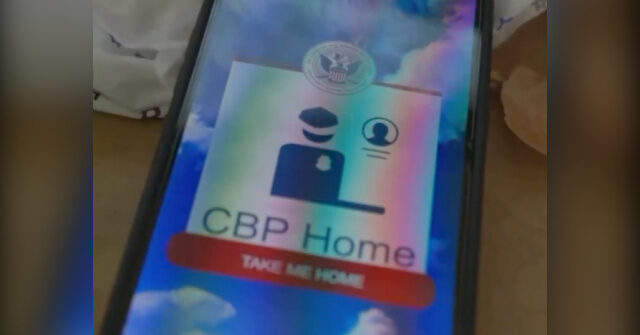




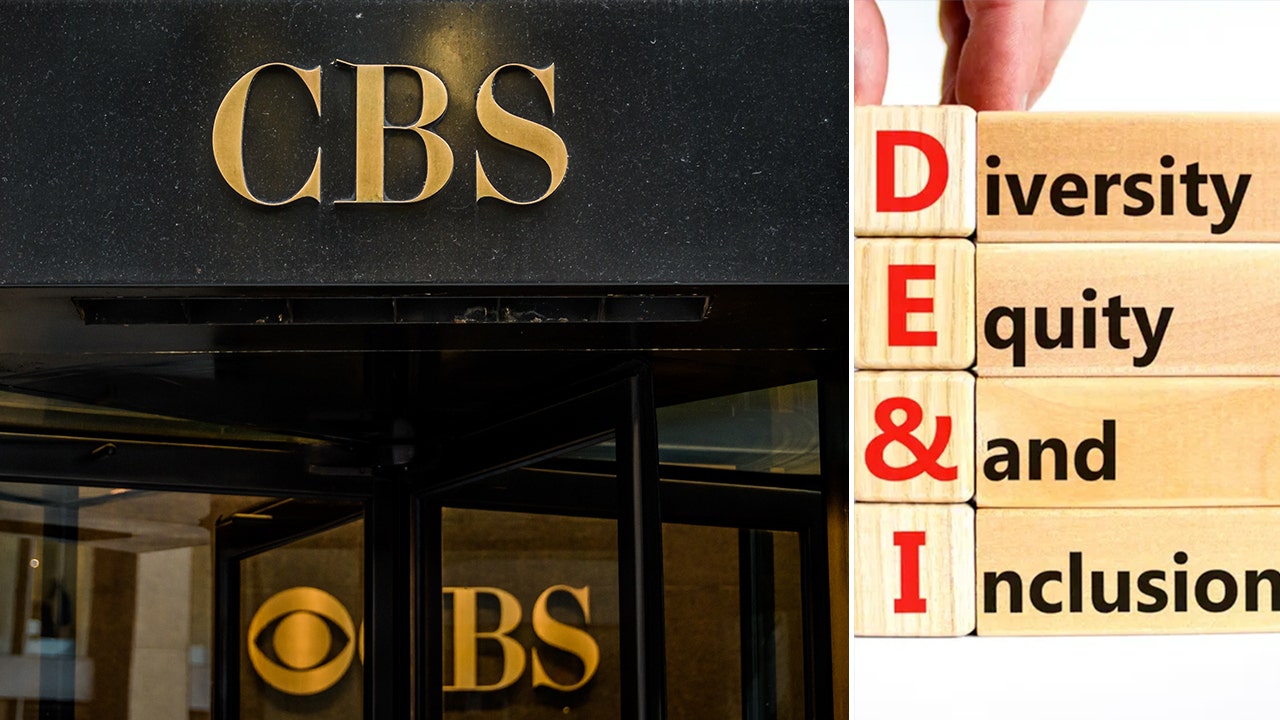





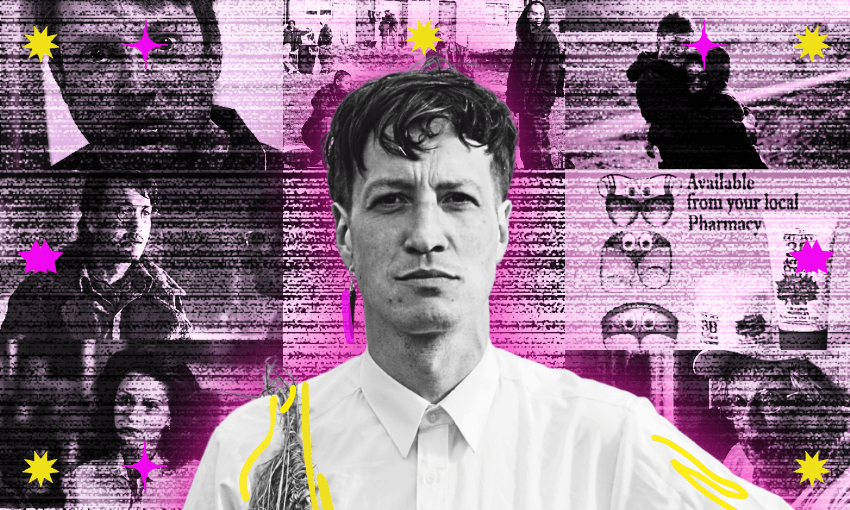
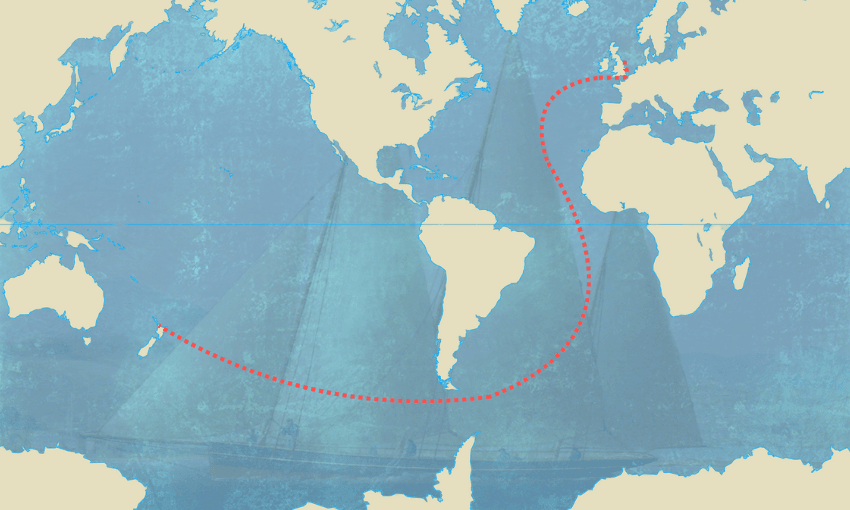

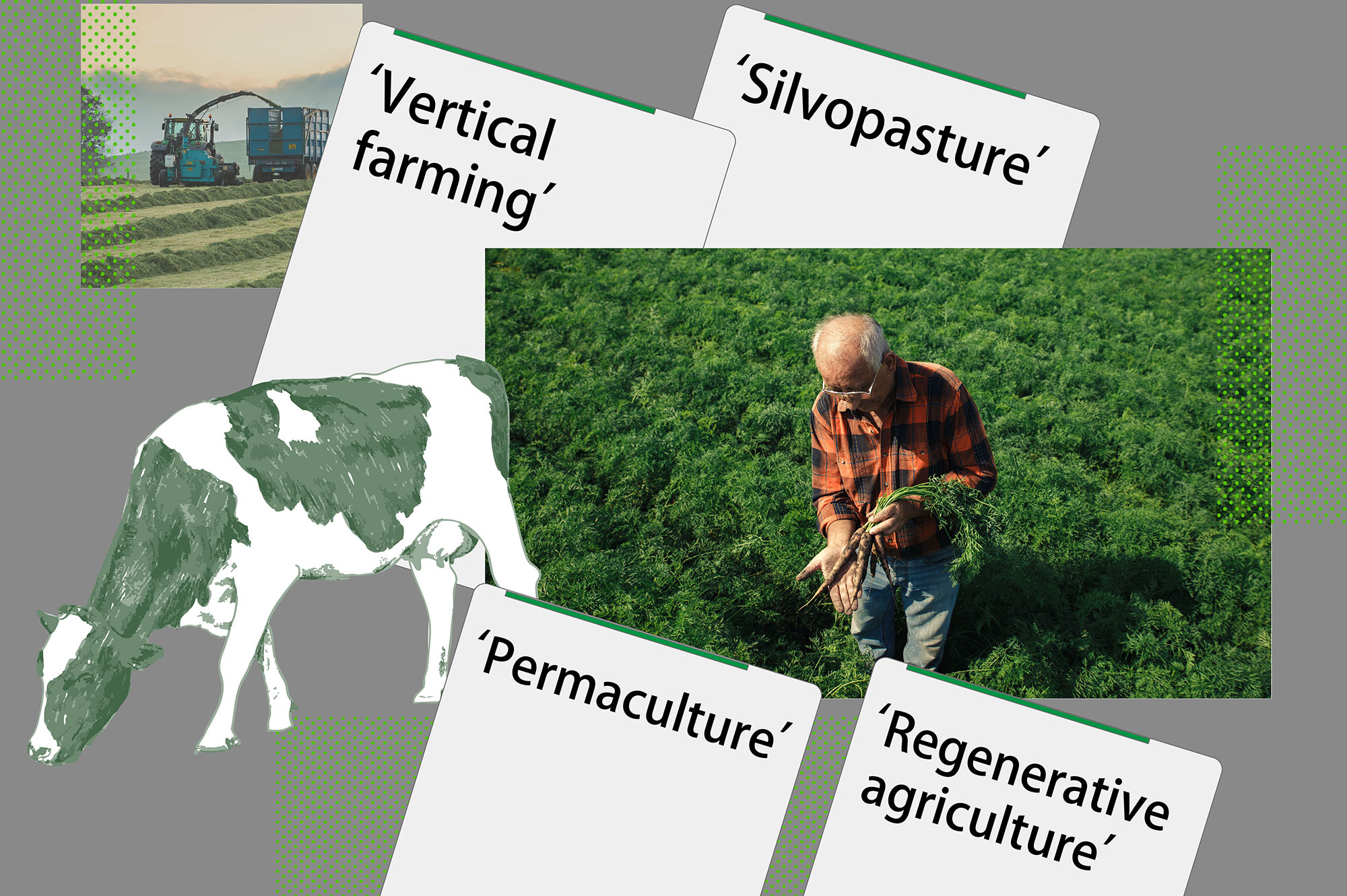




Discussion about this post